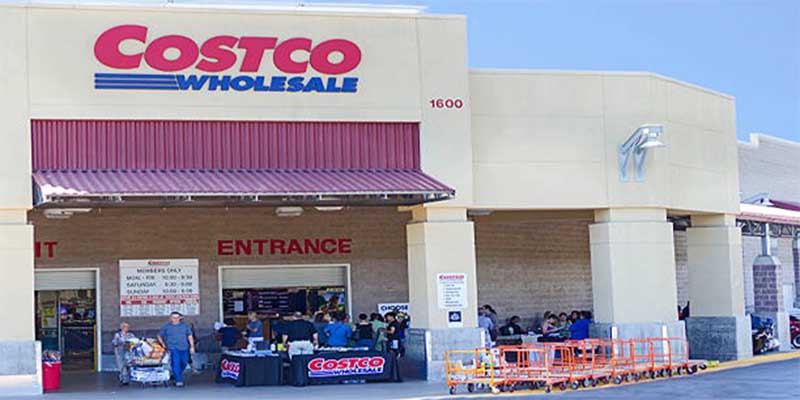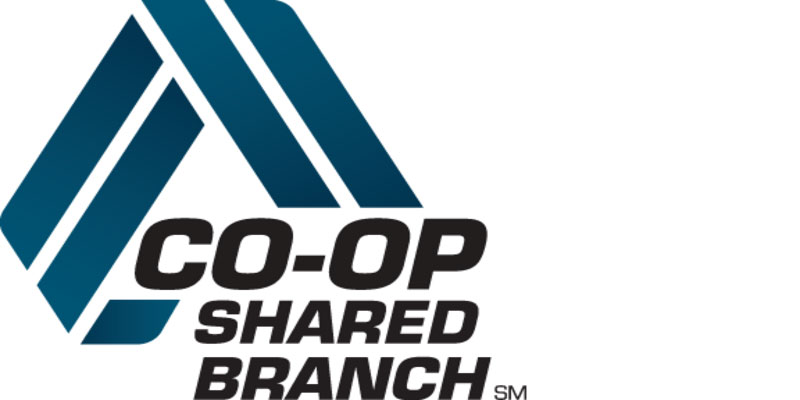Student loan default is indeed a challenging situation, but it's crucial to understand that recovery is possible with the right knowledge and proactive actions. Let's delve into the nuances of student loan default, unravel its implications, and explore effective strategies to bounce back from this financial setback.
What is Student Loan Default? How Does It Impact?
Student loan default occurs when a borrower fails to make payments for a specified period. This typically happens after several months of missed payments. It's crucial to understand the consequences and take proactive steps. So, let’s explore the impacts of defaulted student loans!
Credit Score Consequences
One of the immediate and lasting impacts of student loan default is the detrimental effect on your credit score. Your credit score is a numerical representation of your creditworthiness, and defaulting on loans can significantly lower this score.
A lower credit score makes qualifying for future loans or credit cards challenging. Even if you manage to secure credit, the terms may be less favorable, with higher interest rates. This can lead to increased overall borrowing costs over time.
Wage Garnishment
To recover the outstanding loan amount, the government can garnish a portion of your wages. Wage garnishment involves deducting a specific percentage directly from your paycheck before you receive it. This process can significantly impact your disposable income, making it harder to cover essential living expenses.
Tax Refund Withholding
In addition to wage garnishment, the government may also withhold your tax refunds to recoup defaulted student loans. Instead of receiving your expected tax refund, the amount may be applied to your outstanding loan balance. This can catch individuals off guard, especially if they are relying on the refund for other financial obligations.
Negative Impact on Co-Signers
If you had a co-signer for your student loan, their credit score and financial standing are also at risk when you default. The responsibility for repayment falls on both the borrower and the co-signer, and any negative consequences affect both parties.
Limited Financial Options
Defaulting on student loans limits your financial flexibility. Traditional lenders may view you as a higher risk, reducing your chances of obtaining loans for major life events such as buying a home or starting a business. This limitation can have lasting effects on your ability to achieve financial milestones.
Impact on Employment Opportunities
Certain employers conduct credit checks as part of the hiring process. A poor credit history resulting from defaulted student loans may hinder your chances of securing certain jobs or advancing your career. This is particularly true in positions that involve financial responsibilities or a high level of trust.
Recognizing the Warning Signs
Before diving into recovery, it's essential to recognize the warning signs that may indicate you're at risk of defaulting on your student loans. Ignoring these signs can exacerbate the situation and make recovery more challenging. Be vigilant for the following warning signs:

Missed Payments: Regularly missing payments is a clear red flag. If you find it increasingly difficult to make on-time payments, it's crucial to address the issue promptly.
Calls from Debt Collectors: If you start receiving calls from debt collectors, it's a signal that your loan may be in jeopardy. Engage with them to understand the extent of the issue and explore potential solutions.
Notices from the Loan Servicer: Pay attention to any official notices or communications from your loan servicer. These communications may provide important information about your loan status and available options.
Difficulty Affording Payments: If you're consistently struggling to afford your monthly payments, it's a sign that your current repayment plan may not be sustainable. Don't ignore this challenge; seek assistance to explore alternative repayment options.
Changes in Financial Situation: Significant life changes, such as job loss or a decrease in income, can impact your ability to make loan payments. Be proactive in reassessing your financial situation during such transitions.
Inability to Access Benefits: Defaulting on federal student loans can result in the loss of certain benefits, such as deferment or forbearance options. If you cannot access these benefits, addressing the root cause promptly is crucial.
Steps to Recover from Student Loan Default
By now, you have explored the impacts of defaulted student loans and the warning signs you might notice if you have gotten into the steps for recovering from student loan default!

Assess Your Situation
Begin by assessing your financial situation. Understand the total amount owed, interest rates, and any additional fees. This clarity will help you formulate an effective recovery plan.
Contact Your Loan Servicer
Reach out to your loan servicer as soon as possible. Explain your situation and inquire about available options. They may offer alternatives such as income-driven repayment plans or loan consolidation.
Explore Rehabilitation Programs
Some rehabilitation programs allow you to make affordable payments to bring your loan out of default. Successful completion of these programs can improve your credit score and restore eligibility for benefits like deferment or forbearance.
Consider Loan Consolidation
Loan consolidation involves combining multiple federal loans into a single loan. This simplifies repayment, and you may qualify for income-driven plans. However, weighing the pros and cons before opting for consolidation is essential.
Review Plans of Income-Driven Repayment
Income-driven repayment plans adjust your monthly payments based on income and family size. These plans can make payments more manageable, but it's crucial to understand the long-term implications.
Stay Informed about Loan Forgiveness Programs
Explore loan forgiveness programs that may apply to your situation. Teacher Loan Forgiveness and Public Service Loan Forgiveness (PSLF) are a few examples. Meeting specific criteria could lead to partial or complete forgiveness of your loans.
Tips for Successful Recovery
As you have explored the recovery step in-depth, here are a few tips that you must consider to streamline the entire process:
Budget Wisely: Create a realistic budget that prioritizes loan payments. Cut unnecessary expenses and allocate funds to meet your financial obligations.
Build Emergency Savings: Establishing an emergency fund can prevent future financial setbacks. Having a financial cushion helps you avoid missing payments during unexpected situations.
Seek Professional Guidance: Consult a financial advisor or counselor specializing in student loans. They can provide personalized advice based on your unique circumstances.
Conclusion
Recovering from student loan default requires proactive steps and informed decision-making. You can regain financial stability by understanding the impact, recognizing warning signs, and implementing recovery strategies. Remember, seeking assistance and staying committed to your recovery plan are key to overcoming the challenges of defaulted student loans.




